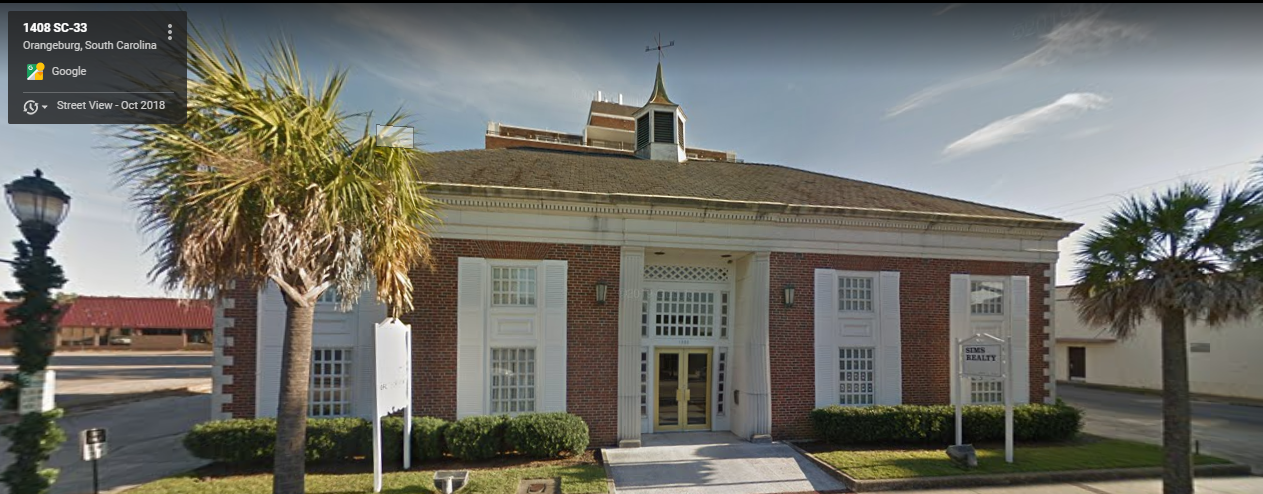Day 10: The Role of Negligence in Auto Accidents: Determining Fault Featured

Introduction
Auto accidents can occur for various reasons, but one crucial factor in determining liability is negligence. Negligence refers to the failure to exercise reasonable care which “proximately”
caused damages to others. In this article, we will explore the role of negligence in auto accidents and how fault is determined in such cases.
Understanding Negligence
Negligence in the context of auto accidents refers to the failure of a driver to exercise reasonable care while operating a vehicle, thereby causing harm to others.
To establish negligence, four elements must be proven:
- Duty of Care: The driver had a legal duty to exercise reasonable care and drive responsibly to prevent harm to others on the road and follow applicable laws.
- Breach of Duty: The driver failed to fulfill their duty of care by acting in a way that a reasonable person would not have under similar circumstances. This could include
reckless driving, violating traffic laws, distracted driving, or driving under the influence.
- Causation: The driver’s breach of duty “proximately” caused or contributed to the accident and resulting injuries or damages. The key with determining whether the cause
was the legal proximate cause is with foreseeability. Were the damages reasonably foreseeable with the breach of duty? As a practical matter, injuries caused in a car wreck
are almost certainly the legal cause of injuries from the accident.
- Damages: There must be actual damages, such as physical injuries, property damage, or financial losses, resulting from the accident and proximately caused by it.
Comparative Negligence
In some cases, both parties involved in an auto accident may share some degree of fault. This is where the concept of comparative negligence comes into play. Comparative negligence allows
the allocation of fault and damages based on the percentage of negligence attributed to each party. Each jurisdiction has its own rules regarding comparative negligence, including modified
comparative negligence and pure comparative negligence. South Carolina is a “modified comparative negligence” state, in which the injured party can obtain a verdict as long as he was not
more than 50% liable for the accident. Both parties can bring suits, and both parties could be considered 50% liable, and that happened in one of my cases.
Determining Fault
Determining fault in an auto accident requires a thorough investigation of the circumstances surrounding the incident. This may involve collecting evidence such as police reports, eyewitness
testimonies, photographs of the accident scene, video footage, and expert analysis. Insurance companies, law enforcement, and courts consider various factors to determine fault, including:
- Traffic Laws: Violating traffic laws, such as running a red light, speeding, or failing to yield, can establish negligence and fault.
- Witness Statements: Eyewitness testimonies can provide valuable information about the events leading up to the accident.
- Police Reports: Police reports typically include details of the accident, witness statements, and any citations issued at the scene.
- Expert Analysis: Accident reconstruction experts and forensic specialists may be consulted to analyze the evidence and determine the sequence of events.
Conclusion
Negligence plays a crucial role in determining fault in auto accidents. Establishing negligence requires proving a breach of duty, causation, and resulting damages. Comparative negligence may also
come into play when multiple parties share fault. If you’ve been involved in an auto accident, it’s essential to consult with an experienced personal injury attorney who can assess the circumstances,
gather evidence, and advocate for your rights. They will help navigate the complexities of negligence and liability to ensure you receive fair compensation for your injuries and losses.
Last modified on Wednesday, 28 June 2023 10:23
Administrator

Meet our blog administrator team. Our team is responsible for managing and creating content for our law firm's blog, with a focus on family law, estate planning, and personal injury. We are dedicated to providing accurate and informative articles to our readers. Our goal is to educate and inform the public on legal issues that may affect them, but it's important to note that the content provided is not legal advice and should not be used as such. We are passionate about staying current on legal trends and developments and are committed to providing valuable information to our readers.






